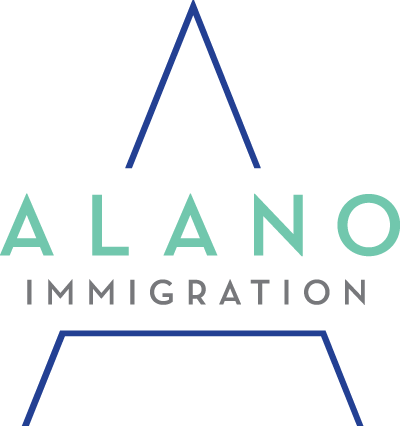I have often read about the “military-industrial complex”, the industry that keeps the U.S. war economy going strong and the country in a perpetual state of war. Today, I learned the term “prison-industrial complex ”. This is the definition I found on Google: The prison industrial complex (PIC) is a term we use to describe the overlapping interests of government and industry that use surveillance, policing, and imprisonment as solutions to economic, social and political problems. These economic interests are what keep the prison industry, police state, war on drugs, and anti-immigration rhetoric going. Those who stand to gain the most profit will continue to lobby politicians to this end. It is apparently a lucrative industry, and why states such as Arizona are earmarking funds for prisons while saying that there is no more money for schools. The prison industry complex is one of the fastest-growing industries in the United States and its investors are on Wall Street. Many mainstream corporations such as McDonalds, Walmart, and Starbucks also benefit from low cost prison labor, which has been called a new form of slavery. Inmates are paid between .90 to $4 a day in private prisons, and are not given employment benefits such as holidays or sick days. This cheap labor makes profits go up and keeps shareholders happy.
The prison industry includes the immigration detention centers, which account for a whopping 50% of the prison-industrial complex revenue. It is “[a]n increasingly lucrative commercial enterprise: the business of incarcerating immigrant detainees, the fastest growing segment of the American prison population.” The detention centers include the notorious family detention centers in the Southwest created by the Obama administration, where routine human rights violations take place against women and children who should be treated as refugees instead of prisoners. The claim by Homeland Security is that they want to ensure that detainees will appear at their court hearings. Homeland Security also sets higher bonds than normal. This is in spite of family members and religious groups who are willing to shelter these refugees.
Those against the prison-industrial complex also argue that this is the reason that meaningful comprehensive immigration reform has not passed. Tanya Golash-Boza writes that “the immigration-industrial complex is a confluence of public and private sector interests in the criminalization of undocumented migration, immigration law enforcement, and the promotion of ‘anti-illegal’ rhetoric.” Reading the abstract for Tanya’s article made me understand the connection, and why spending money on immigration detention will continue to be a priority for years to come, and why reform has stalled. I am in the camp that prefers reform to increase the economy in a different way – by retaining talented entrepreneurs and increasing tax revenue and stimulating business by allowing people to work legally. The founder of Instagram, has stated that it took longer to get a visa than to build Instagram.
Just like you probably do, I have friends on Facebook who are acquaintances from high school or other stages of my life who I keep because I do like them personally. However, I cringe at their political and socio-economic beliefs. We all have those, no matter what side of the fence you are on – Democrat/Republican, Right/Left, Bleeding heart/Conservative, Pro-Palestinian State/Pro-Israel, etc. They have family members who post memes about “illegals” causing the draught in California and other laughable things, but are dead serious. There is good old-fashioned racism and bigotry of course, but it is incredibly sad to think that we are all being brainwashed to fear “others.” I’ve written about this before. My goal in writing this is to increase awareness of what is behind pushing this agenda of fear and otherness in politics, merchandising, commercials, and mainstream news (“illegals”, “rioters”, “anti-vaxxers”). In the end, it’s all about money, and it’s not righteous at all.
By Grace Alano. Grace Alano is an immigration lawyer at Alano Immigration in San Francisco, CA. Find Grace Alano on Google+
